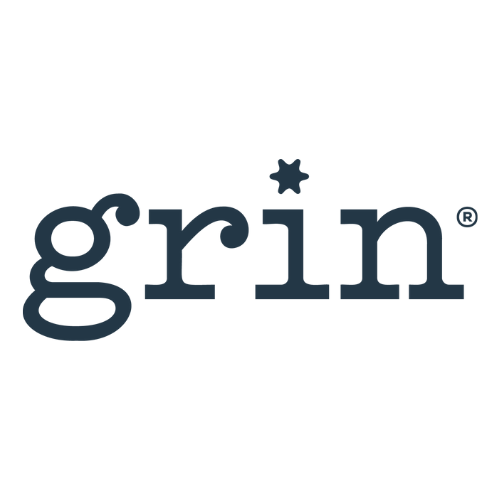

Grin Holdings Limited

1.6
Auckland Region, New Zealand
July 2025
Personal care products
Wholesale/Retail
Australia,
China,
New Zealand,
South Korea,
Thailand,
United Kingdom,
United States
Grin Natural is a leading New Zealand oral care brand creating natural, sustainable alternatives for healthier people and a healthier planet. Featured by Forbes, Entrepreneur, The Today Show, and Allure, we make oral care that truly cares. We focus equally on what we leave out and what we put in. Our toothpaste is free from harsh chemicals, SLS, added sugar, preservatives, and artificial additives — instead powered by New Zealand-sourced ingredients like manuka oil, propolis, and organic sea salt. Clinically proven to combat common oral bacteria, Grin is trusted by dental clinics and stocked in major supermarkets nationwide. In 2018, we launched New Zealand’s first eco-friendly toothbrushes and floss picks, made from renewable or recycled materials like corn starch and 100% recycled plastic. These smart, planet-friendly designs have earned us the #1 Kids Toothbrush on Tmall and TikTok in China, and the #1 Floss Picks in New Zealand grocery. Now available in 7,000+ stores across nine markets, our growth is rooted in community impact. Through our Share A Grin initiative, we've donated over 2 million toothbrushes and brushing charts to children in need globally. We’ve also created engaging educational tools — like the I Like Brushing pop-up book and 21-Day Brushing Challenge Kit
Overall B Impact Score
Governance 17.1
Governance evaluates a company's overall mission, engagement around its social/environmental impact, ethics, and transparency. This section also evaluates the ability of a company to protect their mission and formally consider stakeholders in decision making through their corporate structure (e.g. benefit corporation) or corporate governing documents.
What is this? A company with an Impact Business Model is intentionally designed to create a specific positive outcome for one of its stakeholders - such as workers, community, environment, or customers.
Workers 20.8
Workers evaluates a company’s contributions to its employees’ financial security, health & safety, wellness, career development, and engagement & satisfaction. In addition, this section recognizes business models designed to benefit workers, such as companies that are at least 40% owned by non-executive employees and those that have workforce development programs to support individuals with barriers to employment.
Community 38.2
Community evaluates a company’s engagement with and impact on the communities in which it operates, hires from, and sources from. Topics include diversity, equity & inclusion, economic impact, civic engagement, charitable giving, and supply chain management. In addition, this section recognizes business models that are designed to address specific community-oriented problems, such as poverty alleviation through fair trade sourcing or distribution via microenterprises, producer cooperative models, locally focused economic development, and formal charitable giving commitments.
What is this? A company with an Impact Business Model is intentionally designed to create a specific positive outcome for one of its stakeholders - such as workers, community, environment, or customers.
Environment 11.2
Environment evaluates a company’s overall environmental management practices as well as its impact on the air, climate, water, land, and biodiversity. This includes the direct impact of a company’s operations and, when applicable its supply chain and distribution channels. This section also recognizes companies with environmentally innovative production processes and those that sell products or services that have a positive environmental impact. Some examples might include products and services that create renewable energy, reduce consumption or waste, conserve land or wildlife, provide less toxic alternatives to the market, or educate people about environmental problems.
Customers 10.5
Customers evaluates a company’s stewardship of its customers through the quality of its products and services, ethical marketing, data privacy and security, and feedback channels. In addition, this section recognizes products or services that are designed to address a particular social problem for or through its customers, such as health or educational products, arts & media products, serving underserved customers/clients, and services that improve the social impact of other businesses or organizations.
What is this? A company with an Impact Business Model is intentionally designed to create a specific positive outcome for one of its stakeholders - such as workers, community, environment, or customers.